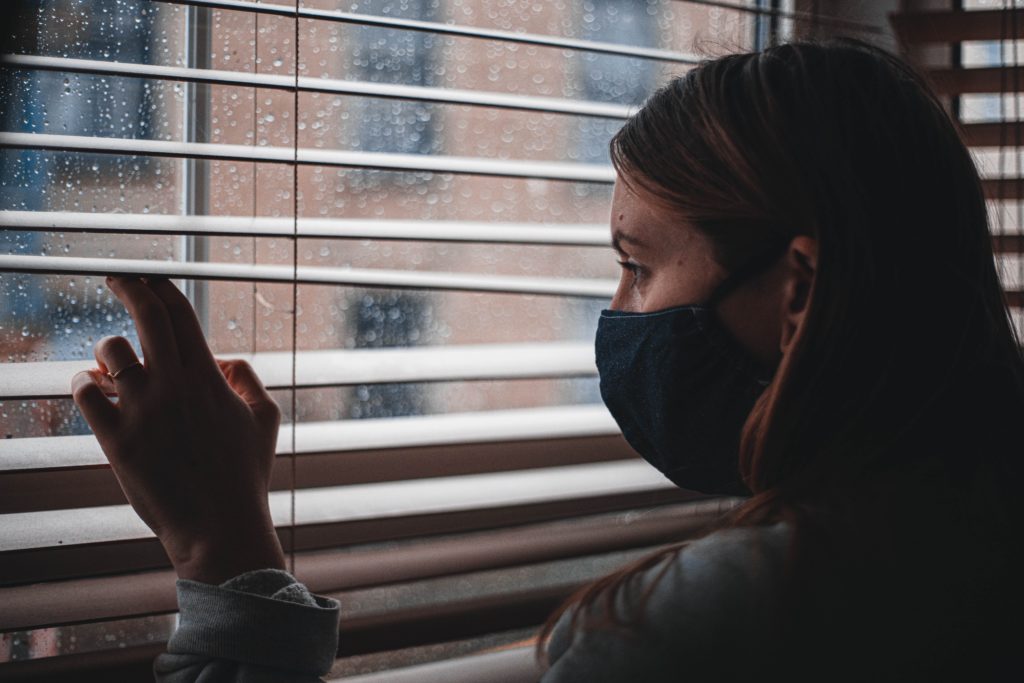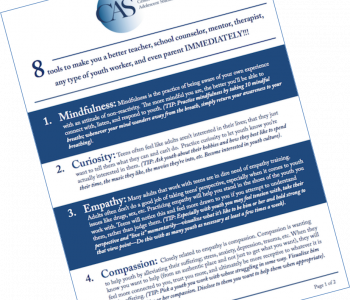The Five Major Types of Drugs Used by Teens
Most of my clients use drugs because they’re self-medicating symptoms of anxiety, depression, trauma, or other emotional or environmental challenges. They don’t understand the negative consequences, or they’ve decided the benefits outweigh the risks. If we’re going to ask teens to stop using drugs, we need to understand the perceived benefits as well as the …











